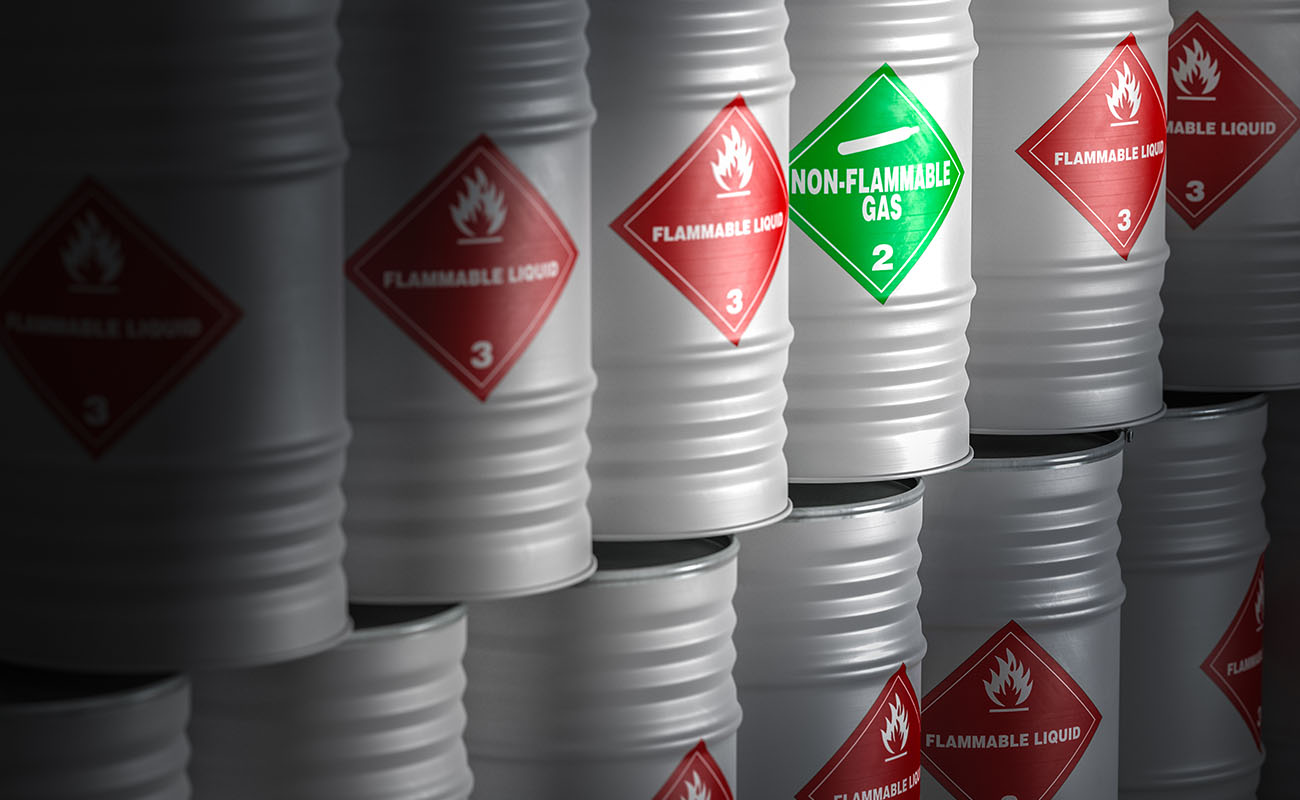Transporting Hazardous Material With UN FIBC Bulk Bags
FIBC bags are becoming highly popular amongst shippers. More and more industries including food, pharmaceuticals, construction, etc. are increasingly making use of FIBCs owing to the convenience and cost efficiency these bags offer. However, when transporting hazardous substances, more stringent rules are required to be followed.
To avoid mishaps and prevent environmental pollution, the UN has created certifications for FIBCs. These certifications reflect the specific standards that are expected to be followed during the manufacturing and handling of such bags. Such bags are called UN Certified FIBCs or UN FIBCs.
Classification of Hazardous Materials
Here we discuss the classification of hazardous materials and substances which is best suited for transportation using UN-approved bulk bags.
UN Certified FIBCs are classified into 8 classes:
Class 4.1: This category is designed for storing self-reactive substances, flammable solids, and desensitized explosives
Class 4.2: Substances that are liable to incur spontaneous combustion are to be transported in such FIBCs
Class 4.3: In such bags, you can store substances that emit flammable gases when they come in contact with water
Class 5.1: Substances that oxidize are stored in such bags
Class 5.2: Organic peroxides need such bags
Class 6.1: Use these bags when storing toxic substances
Class 8: Corrosive substances are to be transported in these bags
Class 9: Miscellaneous hazardous substances and articles are to be transported in such bags
Importance of Using UN-Approved Bulk Bags
When transporting hazardous material take care to use an appropriate UN Certified Bag. This is crucial to prevent accidents, safeguard the life of the personnel handling the bags or working in the facility where the bags are stored, and prevent damage to the property and the environment.
So, once you know about the hazardous materials that are required to be stored or transported, you need to select the bag accordingly. At Rishi FIBC, our experts will guide you in selecting the right bag for your needs.
Labeling and Testing
The UN-approved bulk bags must be labeled correctly. The classification of the bags should be visible to ensure proper and safe usage of the bag.
The UN-approved FIBCs are required to undergo rigorous testing before they are classified for transporting hazardous materials including Vibration Test, Top Lift Test, Stack Test, Drop Test, Topple Test, Righting Test, and Tear Test.
Sourcing UN-Certified FIBCs
When sourcing UN-approved bulk bags look for a manufacturer who has a special certification received from a licensed provider. This certification assures that the employees working under the manufacturer have undertaken relevant courses imparting knowledge about UN bags. Besides, this also means that the manufacturer has paid the licensing fee. As per UN regulations, only licensed suppliers can sell/distribute UN-approved bulk bags.
In India, you can rely on Rishi FIBC for sourcing UN-approved bulk bags. Being a prominent UN FIBC manufacturer, Rishi FIBC produces quality UN-approved bulk bags. The company has advanced technical equipment and a team of trained personnel to manufacture UN FIBCs. The bags are tested thoroughly at an in-house testing facility and again at an independent testing laboratory where they receive certification.







